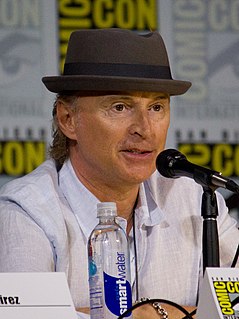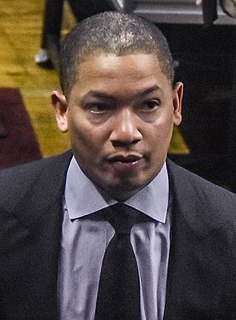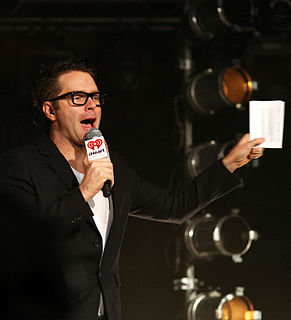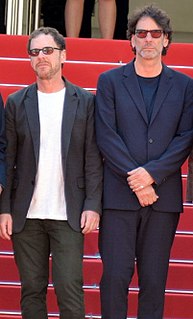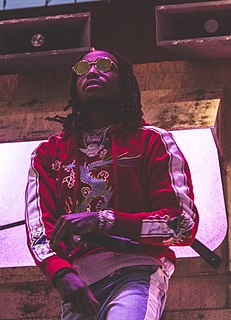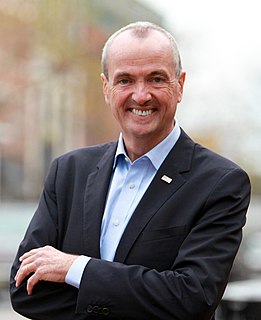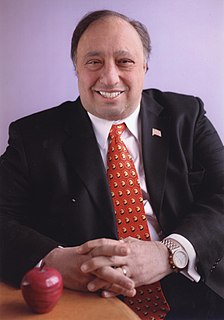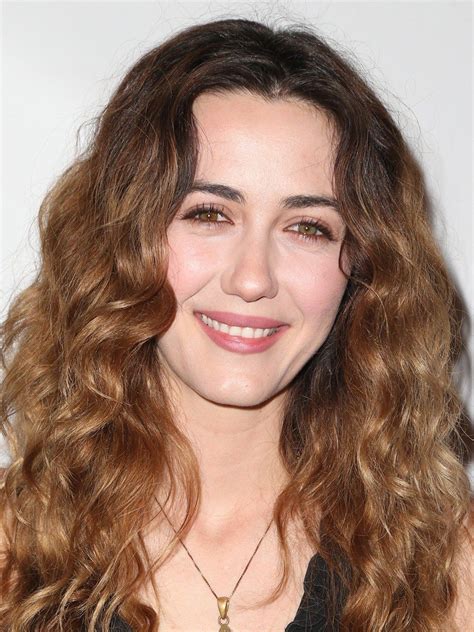A Quote by Robert Carlyle
When I look back at it now, my past and the way I grew up, I grew up on communes.
Related Quotes
Being broke and poor - I mean, you grow up in the environment I grew up in, grew up hard and grew up poor. Your mom doesn't have a car until you make it to the NBA... no telephone. So, I mean, if you grow up like that, and you're able to make it to this level and be blessed the way I've been blessed, it's always great to give back.
In effect, I grew up in a sort of timewarp, a place where times are scrambled up. There are elements of my childhood that look to me now, in memory more like the 1940s or the 1950s than the 1960s. Jack [Womack] says that that made us science fiction writers, because we grew up experiencing a kind of time travel.
I think people assume that because I talk the way that I talk that I grew up with money, and then I've had to say, 'No, I grew up poor.' And then I was like, 'Why do I have to play this game where the only black experience that's authentic is the one where you grew up in poverty?' I mean, it's ridiculous.
